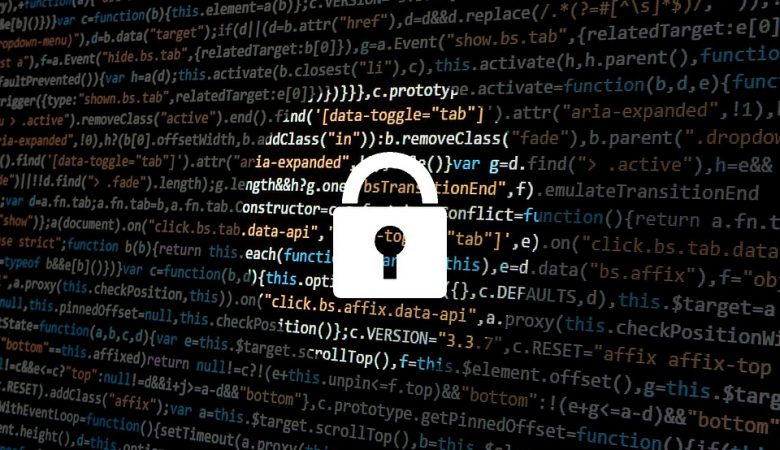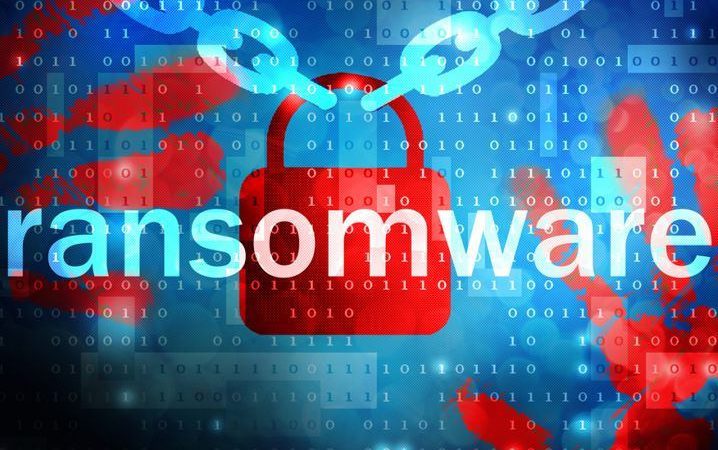HBO Hack Reveals True Nature of IP Thieves
Last Friday, HBO’s India partner, Star India, leaked the upcoming Game of Thrones episode online. Only a few days earlier hackers broke into HBO’s network and stole 1.5 terabytes of data and released several shows online before their air date, and then those hackers put out another batch of stolen material– along with a ransom note.
In the background, Artum Vaulin, founder of Kick Ass Torrents, was formally charged with criminal copyright infringement and money laundering signaling the beginning of the end of another IP theft tactic. Courts have struggled to put Vaulin and Mega Uploads founder Kim Dot Com behind bars for their sites designed to distribute copyrighted material via direct downloads, torrents, and illicit streaming services.
However, the market has spoken. Illegal downloads from sites run by criminals implicate users as criminals too, at the same time they often infect their computers with viruses and other malware. Over the last 10 years entertainment seekers have transitioned from file sharing sites, which were responsible for 60% of total internet traffic in North America in 2003 to legal streaming services such as YouTube, Netflix, Hulu, and Spotify now responsible for 71% of total internet traffic according to Sandvine, BitTorrents are now less than 2% of internet traffic.
Traditional torrent sites like those run by Vaulin and Dot Com made money based on traffic to their sites. With the onset of legal streaming, IP criminals, including North Korean linked hackers, are venturing to ransomware. HBO is the latest victim, Netflix and Sony were also hit earlier this year.
Ransomware revenue totaled nearly a billion dollars in 2016 and experts predict a new high in 2017. But IP theft from subscription content providers are unlikely to make a large dent in the most popular networks for a few good reasons.
First, the audience of would-be downloaders that are not already subscribers of legal streaming services is already small. Second, the high-profile hacks only attract the most brazen and careless because the FBI is obviously monitoring who is sharing and who is downloading.
Most importantly, and why the U.S. doesn’t negotiate with terrorists, streaming services have thousands of hours of original and licensed copyright material, caving into demands of one stolen episode would only incentivize hackers to do it again. Netflix didn’t pay its ransom and survived largely unscathed.
Content creators have an invaluable commodity criminals can’t steal: a positive brand reputation. HBO subscribers are not jumping to replace their subscriptions with weekly torrent downloads. All they must do is wait a week until they stream their favorite show legally and virus free, and they can retain access to a library of award winning entertainment. Game of Thrones episodes were leaked before, yet it has grown to 2 million domestic subscribers and continues to grow faster than ever before.
In the past, sites hosting copyrighted content marketed themselves as modern day robin hoods- allowing peers to share content free from the grip of greedy corporate elites. The latest ransomware threats reveal their true nature: desperate criminals, often linked to rogue states, seeking financial reward.



